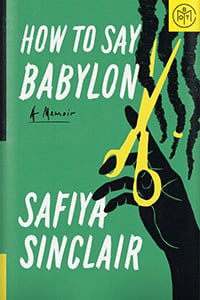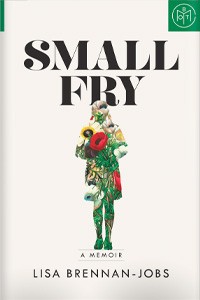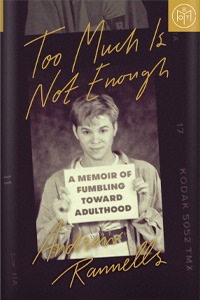

Memoir
The Girl Who Smiled Beads
Debut
by Clemantine Wamariya and Elizabeth Weil
Quick take
The eye-opening, true story of two sisters who escape the Rwandan genocide and start life anew in Chicago.
Good to know
Heavy read
Social issues
Inspirational
International
Synopsis
Clemantine Wamariya was six years old when her mother and father began to speak in whispers, when neighbors began to disappear, and when she heard the loud, ugly sounds her brother said were thunder. In 1994, she and her fifteen-year-old sister, Claire, fled the Rwandan massacre and spent the next six years migrating through seven African countries, searching for safety—perpetually hungry, imprisoned and abused, enduring and escaping refugee camps, finding unexpected kindness, witnessing inhuman cruelty. They did not know whether their parents were dead or alive.
When Clemantine was twelve, she and her sister were granted refugee status in the United States; there, in Chicago, their lives diverged. Though their bond remained unbreakable, Claire, who had for so long protected and provided for Clemantine, was a single mother struggling to make ends meet, while Clemantine was taken in by a family who raised her as their own. She seemed to live the American dream: attending private school, taking up cheerleading, and, ultimately, graduating from Yale. Yet the years of being treated as less than human, of going hungry and seeing death, could not be erased. She felt at the same time six years old and one hundred years old.
In The Girl Who Smiled Beads, Clemantine provokes us to look beyond the label of “victim” and recognize the power of the imagination to transcend even the most profound injuries and aftershocks. Devastating yet beautiful, and bracingly original, it is a powerful testament to her commitment to constructing a life on her own terms.
Free sample
Get an early look from the first pages of The Girl Who Smiled Beads.
Why I love it
Etaf Rum
Author, A Woman Is No Man
As a full-time writer and woman of color, I choose my books carefully. I am naturally drawn to vivid narratives from underrepresented voices, and, for me, Clemantine Wamariya’s memoir of life after the Rwandan genocide is a revelatory example of just that. In her story, as in her life, she is extraordinarily well-spoken and fiercely courageous. She grabbed me and refused to let go.
Clemantine was only six years old when her home country of Rwanda erupted into genocide, forcing her and her older sister to flee—for six years—from one refugee camp to another. After crossing seven African countries and enduring hunger, prison, and abuse, they were granted refugee status and sent to Chicago. There, with the help of a new, generous family, Clemantine began to put her life back together. She was a success story, and yet, in her heart, she still felt like a refugee—scattered, afraid, belonging nowhere.
The Girl Who Smiled Beads left me with a disarming truth: Survival is not just about staying alive. I love Clemantine’s story because though it’s deeply personal, it forces us to reckon with our own humanity—it smacked me awake to the injustices of the world. A raw, magnetic account of loss and dislocation, trauma and reconciliation, I am a better person for having read it.




















